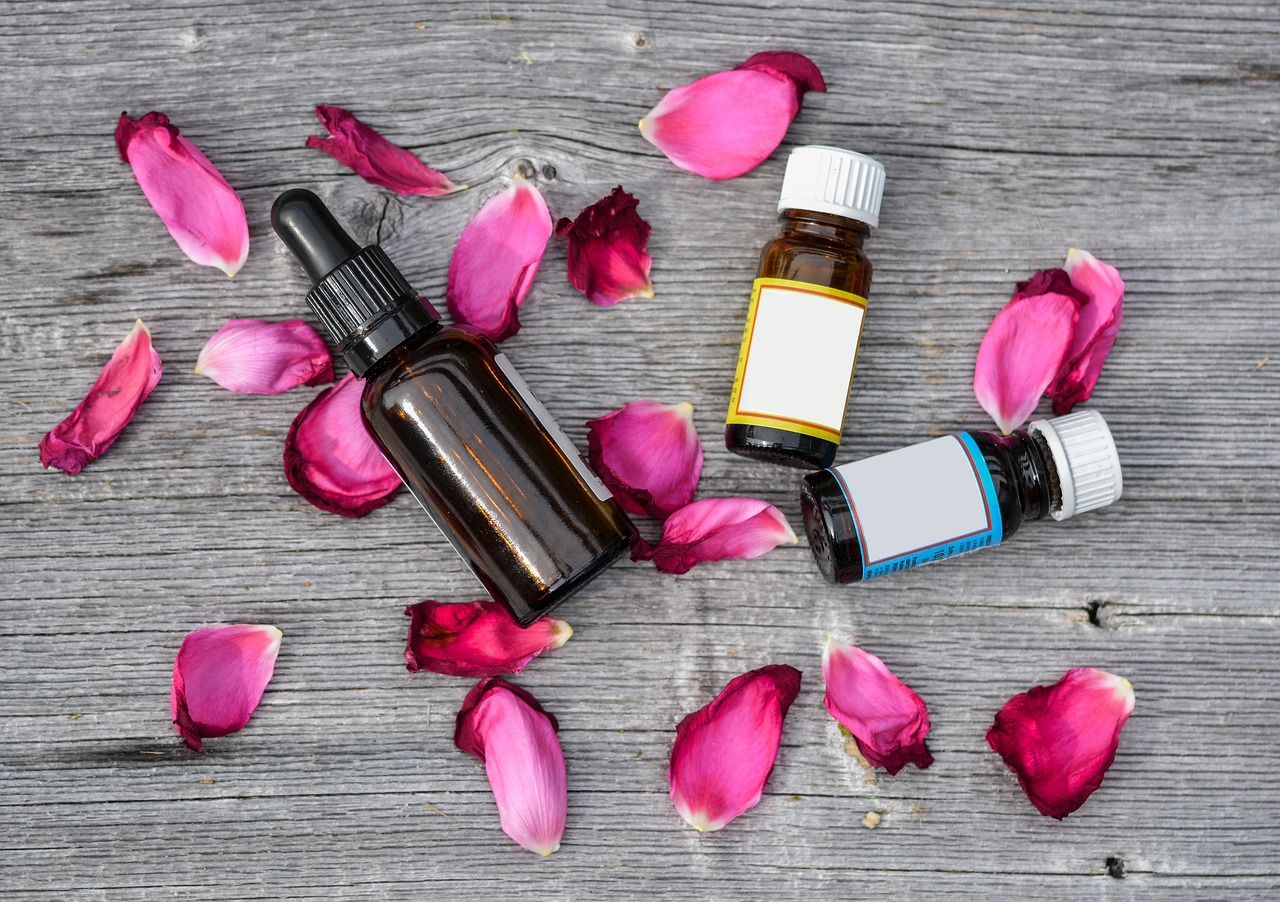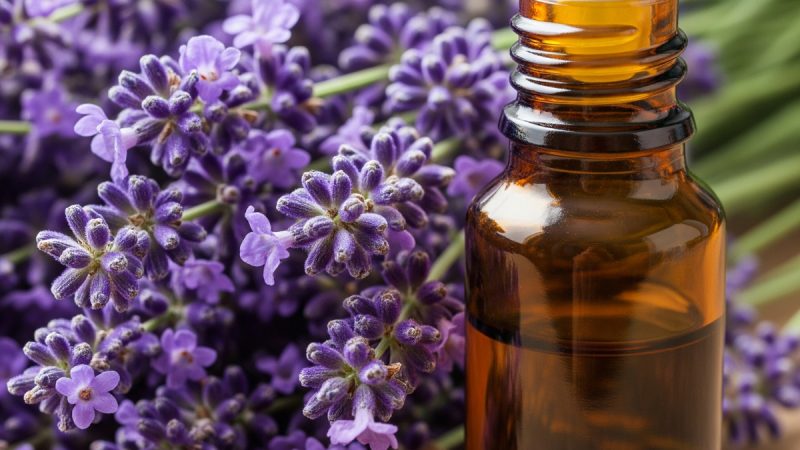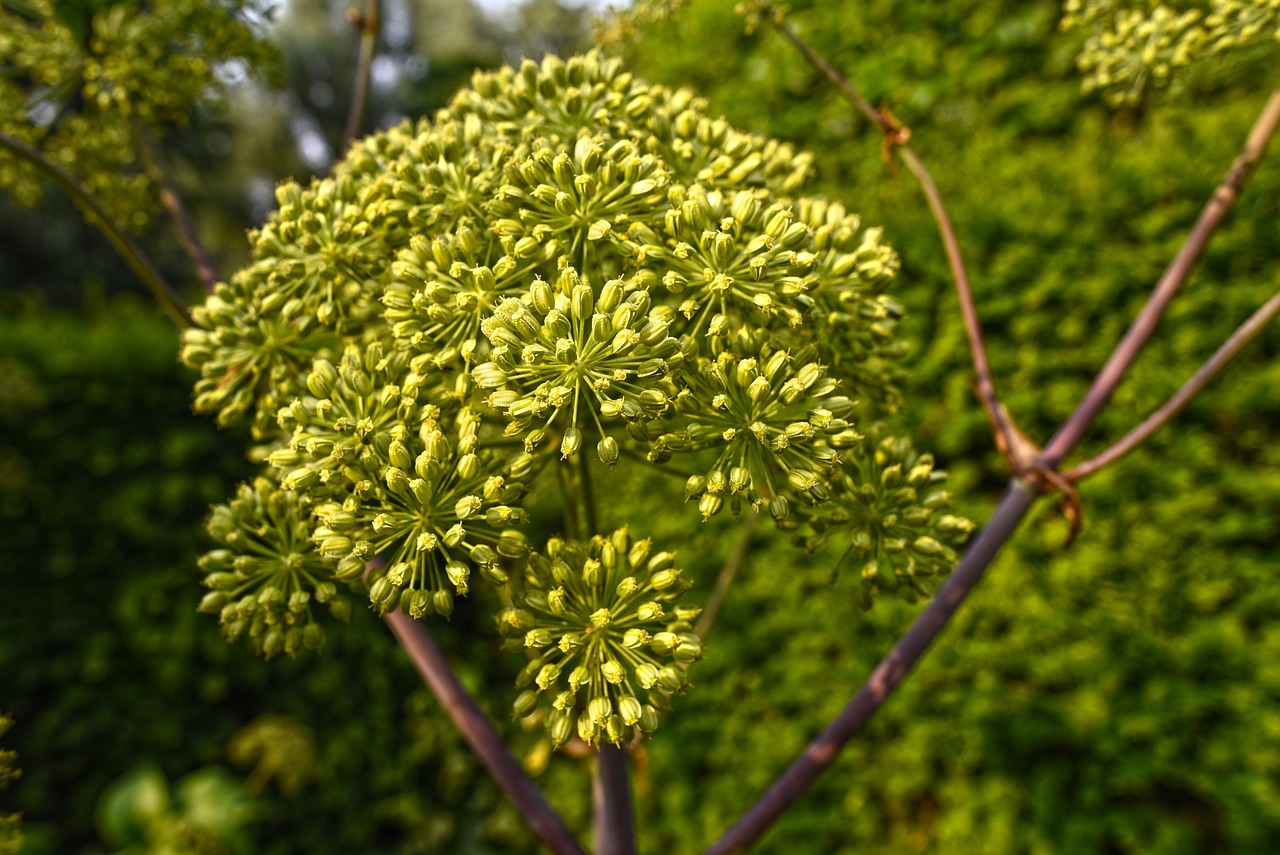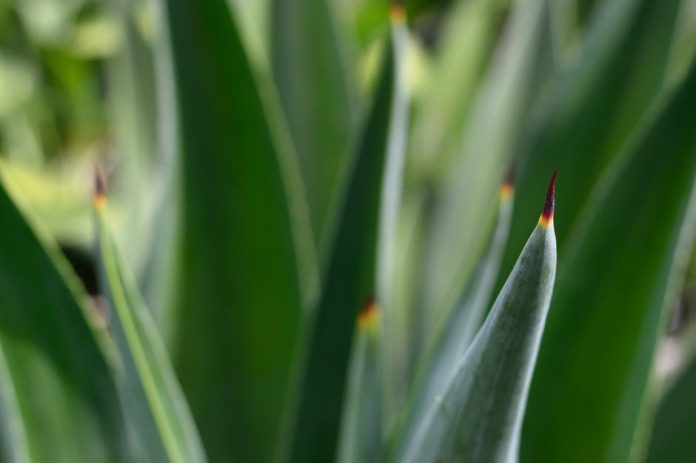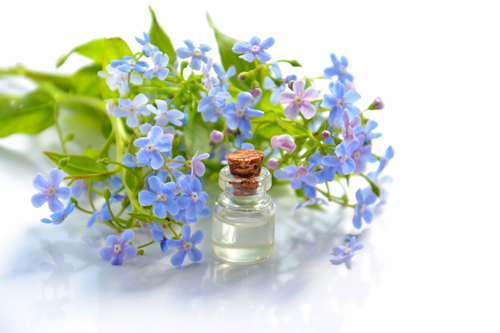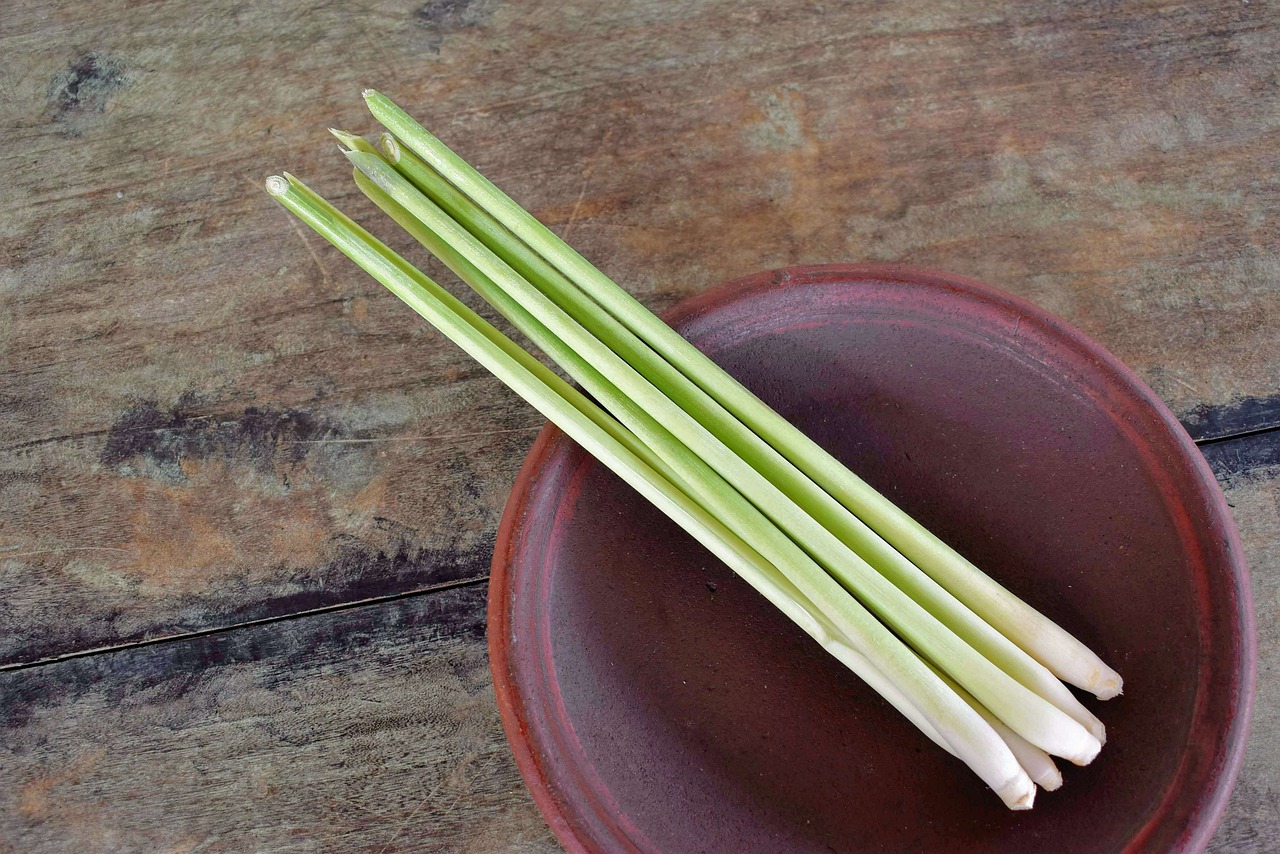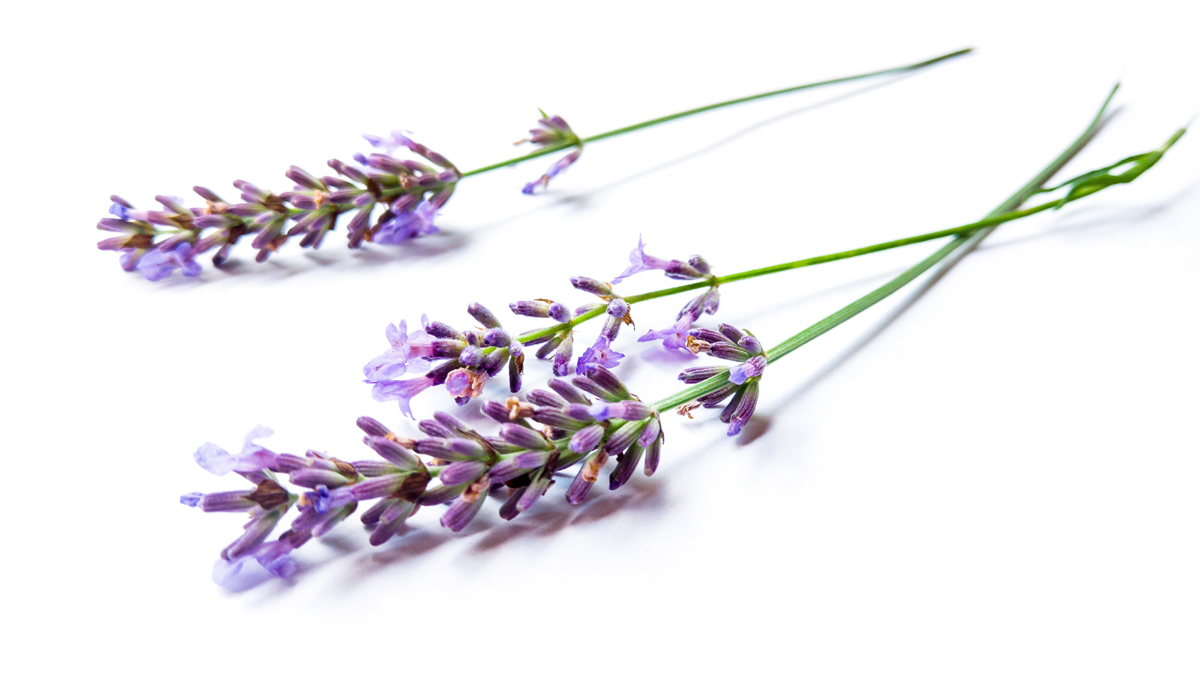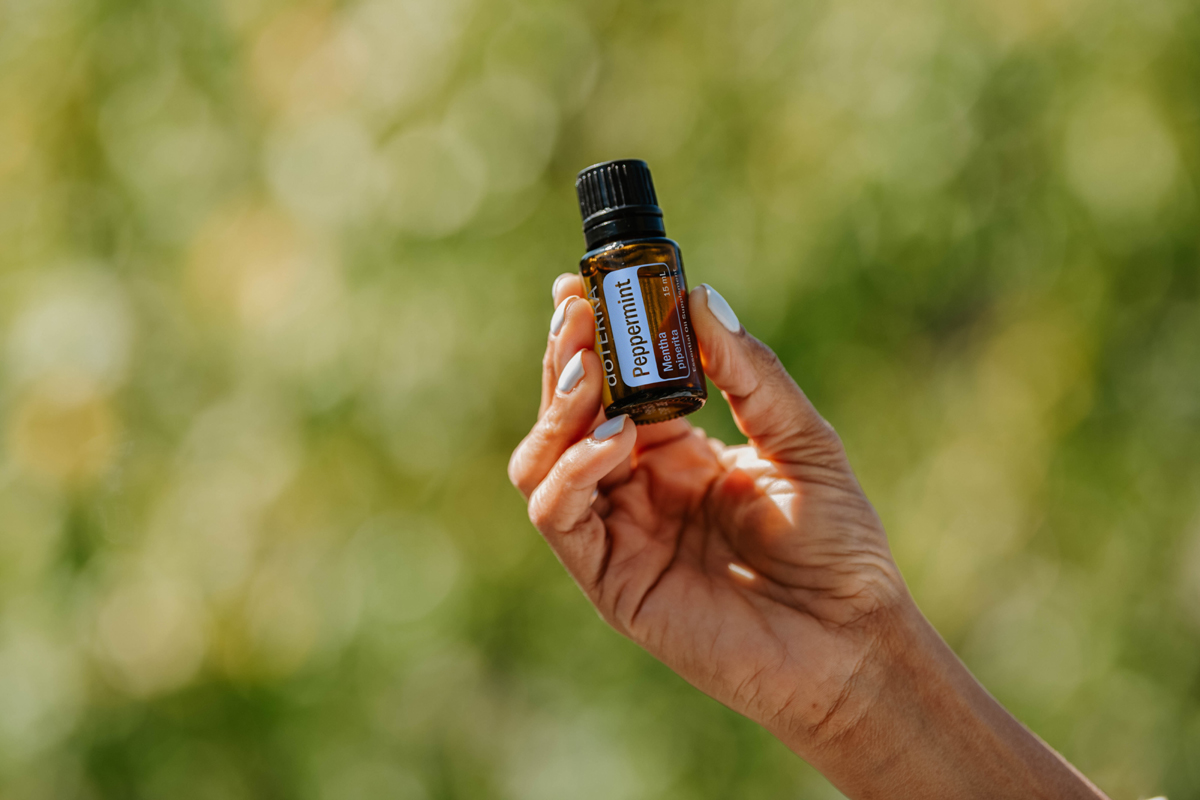The Soul Nature of Essential Oils
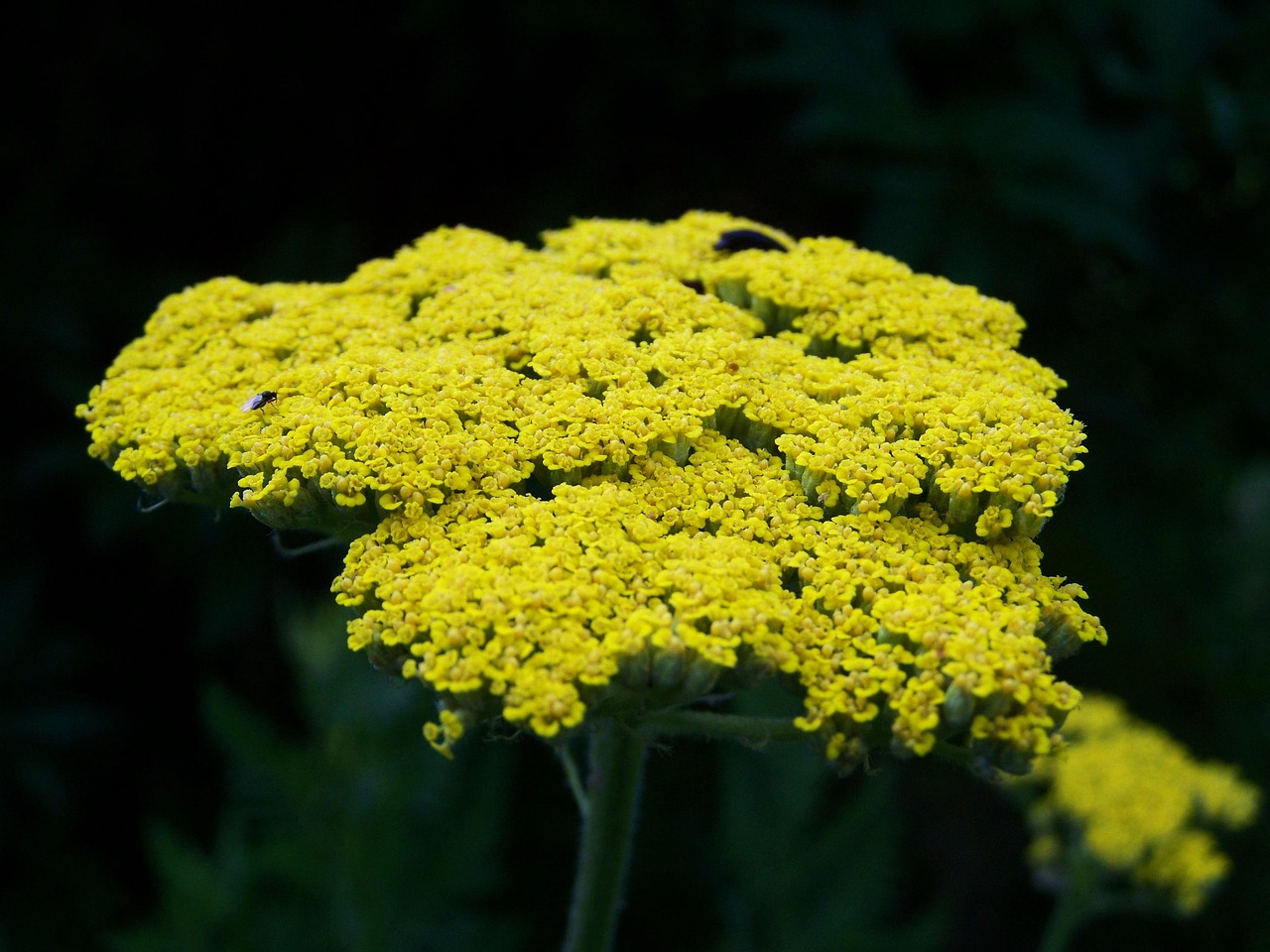
Phytoessences (plant essential oils) exert emotional and physical effects via the perception of their respective scents. The olfactory nerves: nerves related to the sense of smell are directly connected to cerebral centers, including the hypothalamus: a crucial portion of the brain stem. Phytoessences contain very active biochemical components including hormone precursors which can be utilized by the organism’s physical plane. The hypothalamus plays a pivotal role both in maintaining physiological homeostasis and by serving as the link between the autonomic nervous and endocrine (hormonal) systems.
In addition to essential oils providing benefit on a physical level, they also exert a strong influence upon the psycho-spiritual plane. I designed the art of Spiritual PhytoEssencing (SPE) to help an individual overcome the separation from one’s higher self that lies at the core of emotional and physical disharmony. SPE is a synthesis of certain aspects of aromatherapy, herbal folklore and medicine, doctrine of signatures, classical homeopathy, modern physiology, Kabbalah, anthroposophical science, Chinese medicine, depth psychology, gemstone healing and color therapy.
In SPE, the bioenergetic, rather than the chemical, aspect of an essential oil is given greater emphasis. Plants are alive, and everything that lives has a soul. The essential oil is the carrier of the soul of the plant. Rudolf Steiner, the founder of anthroposophical medicine, notes: “Matter is most spiritual in the perfume of the plant…When the spirit most closely approaches the physical earth, then we have the perception of fragrance.” An essential oil, the bonding medium for the soul of the plant, is uniquely suited to act as the physical entity that can facilitate an interface between plant and human souls.
Imaginative consciousness is an important element in SPE. In the context of this discussion, the term imaginative consciousness refers to overcoming the limitations of analysis of the material aspects of the oils performed exclusively by the senses and intellect via a complementary perception of the spiritual roots which sustain said material aspects. While these formative processes are imperceptible, they nevertheless are the source of all the material properties of an essential oil. Every living cell must be animated by a vital force, or “ensouled,” and it’s this incarnation of higher forces into living tissue that lends each organism its tangible expression. Hence, when using essential oils for psycho-spiritual work, all of the physical features, folkloric and historical associations, etc. of the plant can be used to develop an understanding of its spiritual roots.
In the following section, I have combined the conventional properties and indications for two essential oils discussed with a brief description of the psycho-spiritual themes (as elaborated by the SPE synthesis) specific to each oil. The psycho-spiritual perspective provides crucial information which allows for precise individualization of the therapeutic use of these oils. A general principle of clinical practice is: The success of a given therapy is directly proportional to the degree that said therapy is individualized. While general measures are hit or miss, individualized therapy is precisely targeted. Ideally, one should select essential oils that “fit the case” on both physical and psycho-spiritual levels. When this is done, the impression that the oil makes upon the organism is far deeper and longer-lasting.
Rosemary Oil
Properties and Indications: general detoxification; cardiovascular tonic; increases arterial and peripheral circulation; aids degenerative tissue; stimulates circulation and metabolism of skin layers; memory loss; mental strain and fatigue; poor concentration; lethargy; depression; inhibited expression of thoughts and feelings; lack of self-confidence; low self-esteem; poor resolve; negativity; over-thinking; nerve weakness; exhaustion; paralysis; fluid retention; obesity; muscle pains, cramps, sprains, contractures, arthritis and myalgia; and varicose veins; damaged skin; cellulite.
Among essential oils, rosemary is one of the highest in hydrogen-content, and this element is particularly influential regarding rosemary oil’s soul-nature. Hydrogen is the most volatile element, and it strives continuously to escape from the Earth’s grasp back to the cosmos from which it came. Hydrogen is the lightest of the elements and highly inflammable. Hydrogen can almost never be encountered on earth in its free state. Hydrogen, as an active gas is bi-atomic (i.e., occurs as H2, meaning 2 atoms of hydrogen bonded together). Essential oils are primarily hydrocarbons; in other words, they are built from hydrogen and carbon. Among other things, carbon serves to anchor hydrogen and prevent its escape from Earth. Astrologically, rosemary is ruled by the sun. Significantly, the sun and other stars consist almost entirely of hydrogen. Nearly the entire cosmos was constituted out of hydrogen. It is estimated that 90% of all atoms and 75% of the mass of the universe are made of hydrogen. Rosemary is not only ruled by the sun but requires plentiful sunlight and warmth in order to flourish. The thermonuclear fusion of hydrogen nuclei supplies the universe with its light and heat.
Given rosemary’s association with hydrogen, it’s not surprising that one of the central themes of the rosemary oil type is the desire to become unified—for all the loose parts to coalesce into harmonious “oneness.” She has a strong desire to experience the world as one total unity—to have a symbiotic relationship with another being and attain unity with God. However, she’s still in touch with the universe, and so, at times may feel as if she’s separated from her body and estranged from her family and/or society. She is prone to feeling betrayed, rejected or abandoned, and her desire for having a total experience of oneness may encourage nervous exhaustion. Ultimately, she has difficulty achieving anything and desperately looks for something to hold on to. She may develop the delusional feeling that she has not fully incarnated into this world.Using this description, we can say that one of the main feelings of the rosemary oil type is the issue of whether “to be or not to be.” In other words, she must make a decision as to whether to commit to material existence with all its degrees of separation and harsh realities or opt for the idealized oneness which only death or a delusional, ethereal, invariably dysfunctional, state can sustain.
A central theme related to rosemary is: If I can stay warm (on both physical and spiritual levels), remember (what is good in my life and those who have been good to me) to be faithful (to God, my family, marriage, ideals) and achieve harmonious “oneness” (within myself, with a partner, God and the universe), everything will be okay.
Yarrow Oil
Properties and Indications: lymphatic stimulant; vascular tonic; stimulates blood renewal; depression; anger; anger associated with emotional wounding or feelings of vulnerability; easily annoyed; bitterness; grief or loss; feelings of rejection; stress-related conditions; hemorrhage; sinus and/or respiratory congestion; hemorrhoids; varicose veins; backache; rheumatism.
Yarrow (Achillea millefolium) is named for the Greek hero Achilles who used the herb to treat his wounded soldiers during the siege of Troy. In fact, yarrow was used in this capacity up to and through the American Civil War. Achilles, who was predisposed by his mother from birth to play the role of hero, chose to live a short, glorious life rather than a long, uneventful one. In ancient Rome, yarrow was dedicated to the spilling of blood in honor of Mars, the god of war. Also, yarrow has a rich tradition for the treatment of wounds inflicted by weapons and was once referred to as “Military Herb” or “Soldier’s Wound Wort.” Yet there is a unique polarity in yarrow in that it also has a soft, yielding side to its nature for which its many soft, finely-branched leaves are a prominent signature. Furthermore, the English name yarrow is derived from the Old English word gearwe which means “the healer.”
The Romans believed that yarrow could be used to court the favor of Venus, the Roman goddess of love, who intervenes in affairs of the heart. The characteristic love theme of yarrow is of the “my heart bleeds for you” variety; this type of passion is imbued with a subtle subtext of violence. A yarrow-type typically sees courtship as a process of “winning her hand.” In other words, love is not unlike war, because it involves tactical maneuvering and the feeling of I must have her. I cannot lose, or I will be mortally wounded.Think of yarrow for blood feuds over love. Romeo and Juliet is a play with yarrow undertones. Yarrow may also be useful in other love and “giving” situations which feature violent aspects such as: uterine spasms after a hard-birth delivery, and recovery from the consequences of donating blood (a form of deliberate self-wounding out of compassion for someone else).
In the yarrow picture, one can clearly perceive the themes of urgency: do or die, and must take risks to recover lost ground and/or maintain a position of comfort. Yarrow oil is specific for the individual for whom life is a form of combat. Love, family, career all engender battles. The yarrow type tends to be an intellectual idealist who opts for the road less traveled. And settling into a job which is not his true calling or marrying a woman who is not his true soul-mate, is anathema. Hence, he approaches his career, courtship, etc. with a sense of urgency, a need to take risks, a feeling of do or die. The world is not kind to idealists who are willing to put it all on the line, and inevitably the yarrow type does have to fight a lot of battles and suffer many wounds. The cumulative effect of these struggles and wounds wears the yarrow type down, and he can become debilitated and angry, bitter, melancholy and filled with self-doubt. The yarrow oil picture has the symptoms: fear of heights and dreams of falling, both of which suggest trepidation about being ousted from a position of power or losing a hard-won position of comfort. However, no matter how bad things get, he remains hopeful, knowing that if only certain pieces would come together just so, he would be able to achieve the victory, and the position of comfort it affords, that he so ardently desires.
Click here to sign up for Dr. Berkowsky’s free, on-line Journal Of Spiritual PhytoEssencing
The Author:
Dr. Bruce Berkowsky is President of Joseph Ben Hil-Meyer Research, Inc., He is the founder/teacher of both Spiritual PhytoEssencing and the Natural Health Science Systemtm which he designed following 25-years of research and clinical practice, and includes herbology, nutrition, homeopathy, aromatherapy, exercise, traditional nature-cure as well as East/West healing arts/bodywork.
Photo. Armbrust Anna

